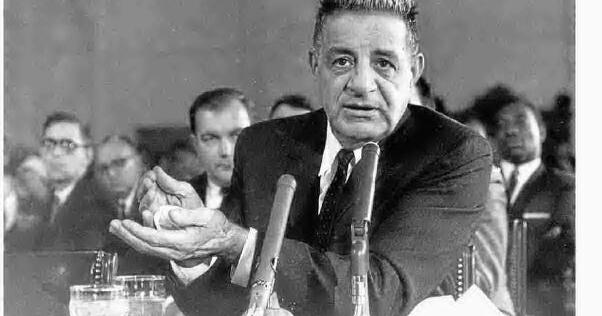The annals of American political history are replete with instances where individuals, once stripped of their freedom and convicted of grave offenses, have been summoned before Congress, wielding an unexpected influence over political narratives and public perception.
This unique intersection of criminal conviction and legislative inquiry provides a fascinating, albeit controversial, pathway for prominent figures—from notorious mafiosos to cunning white-collar criminals—to potentially redefine their legacies or significantly alter ongoing political discourse, often exhibiting remarkable political influence.
A salient example of this enduring practice is Joseph Valachi, a figure whose extensive criminal record underscored the complexities of criminal justice, yet his eventual impact on congressional understanding of organized crime was profound. Despite facing a life sentence for murder and a prior drug trafficking conviction, Valachi’s testimony offered unprecedented insights into the clandestine world of the American American Mafia, making it a pivotal moment among high-profile cases.
His candid revelations not only shaped the legislative agenda concerning organized crime but also profoundly influenced public consciousness, demonstrating how a convicted individual could become a pivotal source of information for the nation’s lawmakers and the broader landscape of US politics.
The cultural resonance of such events is evident in popular media, notably depicted in “The Godfather Part Two,” where Michael Corleone dramatically asserts his innocence during a fictional Senate hearing, mirroring the real-life congressional fixation on organized crime of that era and highlighting the pervasive theme of congressional testimony.
These high-stakes testimonies underscore a complex dynamic: the pursuit of critical information for legislative purposes often necessitates engaging with those who have operated outside the law, creating a platform that can be both enlightening and fraught with ethical dilemmas, further showcasing the intricate dance of political influence.
Ultimately, the continued practice of bringing convicted individuals before Congress highlights the enduring power of testimony to shape national conversations, challenge existing perceptions, and, for better or worse, etch new chapters into the narrative of American political influence and the ongoing discourse within US politics.






Leave a Reply